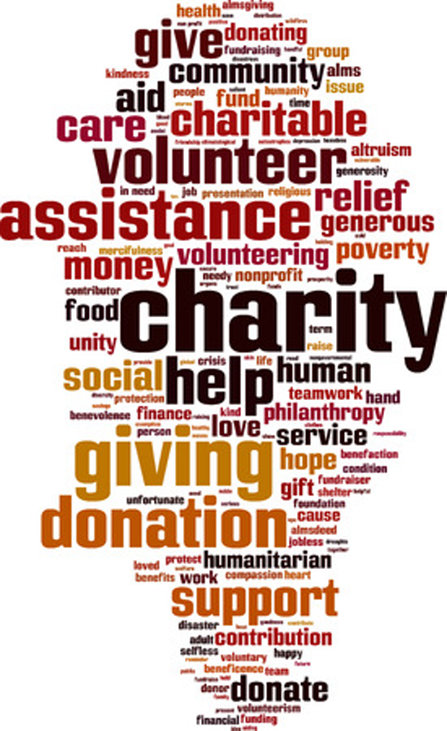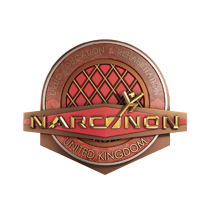How the 80’s Glue Sniffing Epidemic Can Help Us Now

An interesting article from Vice last month (www.vice.com/en_uk/read/glue-sniffing-epidemic-mdma-ecstasy-deaths-uk-narcomania) highlighted how we can look at successful programmes in the past to help us tackle different situations in the present.
As time goes on the drug of choice changes, strategies have to catch up, evolve or be discarded. People may often think that times are different and what worked in the past is not suitable for now, what with things like the internet, rise in TV and the whole plethora of synthetic drugs on the market.
But this is not necessarily true. When working in any industry, it is true that new bright ideas can be a good thing, but what is always a basic is seeing what was successful and unsuccessful in the past. Dropping out those actions that are were completely unsuccessful, tweaking those actions that showed promise and reinforcing those actions that were successful… is a sure-fire formula for having better and better programmes.
So when looking at drug taking and what is the current problem, what can we learn from the past?

Well apparently in the 80’s a very successful charity programme helped the country deal with a glue-sniffing epidemic. It is still around and is called ‘Re-Solv’ and was founded by the British Adhesives and Sealants Association. This charity educated teenagers on the highly lethal nature of glue sniffing. It wasn’t some half-hearted effort either, it had a key role in changing people’s views on glue sniffing and by the 90’s deaths from glue sniffing had plummeted.
Now glue-sniffing may not be our current problem, but you can certainly draw some parallels. Our problem is the deaths of young people in clubs and festivals from dance drugs such as ecstasy, unfortunately these figures seem to be on the rise. Venues are already doing something to tackle this problem but it is certainly not enough, and while the police and government seem to be trying to crack down on it, it doesn’t really seem to be leading anywhere helpful.
Following on from looking at past successes, a similar idea could be explored to mimic something like ‘Re-Solv,’ a charity for tackling the dance drug issue. This is what has been suggested:
"The club and festival industry, and maybe the music industry as well, could commit some funding to roll out drug testing, have more drug welfare workers in venues and at events, underwrite conferences and distribute information. You could have a 'responsible venue' kitemark. The charity's board of trustees could have a couple of sympathetic chief constables, the Local Government Association and venue organisers. At the moment, young people are not able to make informed choices about drugs so something more needs to be done."
It sounds like a promising idea, and we know it was successful in the past, which means you are not starting from square zero. It is a great idea because people being more informed about what they are truly taking and the associated risks always leads to a drop in drug use.
On top of this, it allows the venues and industry to take more responsibility for the problem and really tackle it in a way which is not detrimental to their business but rather is a positive addition. Working together with the police in these efforts allows for better community relations and hopefully less shutting down of our valued clubs and venues.
I hope that this idea can start spreading and someone really takes it on board. It would certainly be a step up in handing the drug problem in the dance/music scene that everyone would benefit from.
